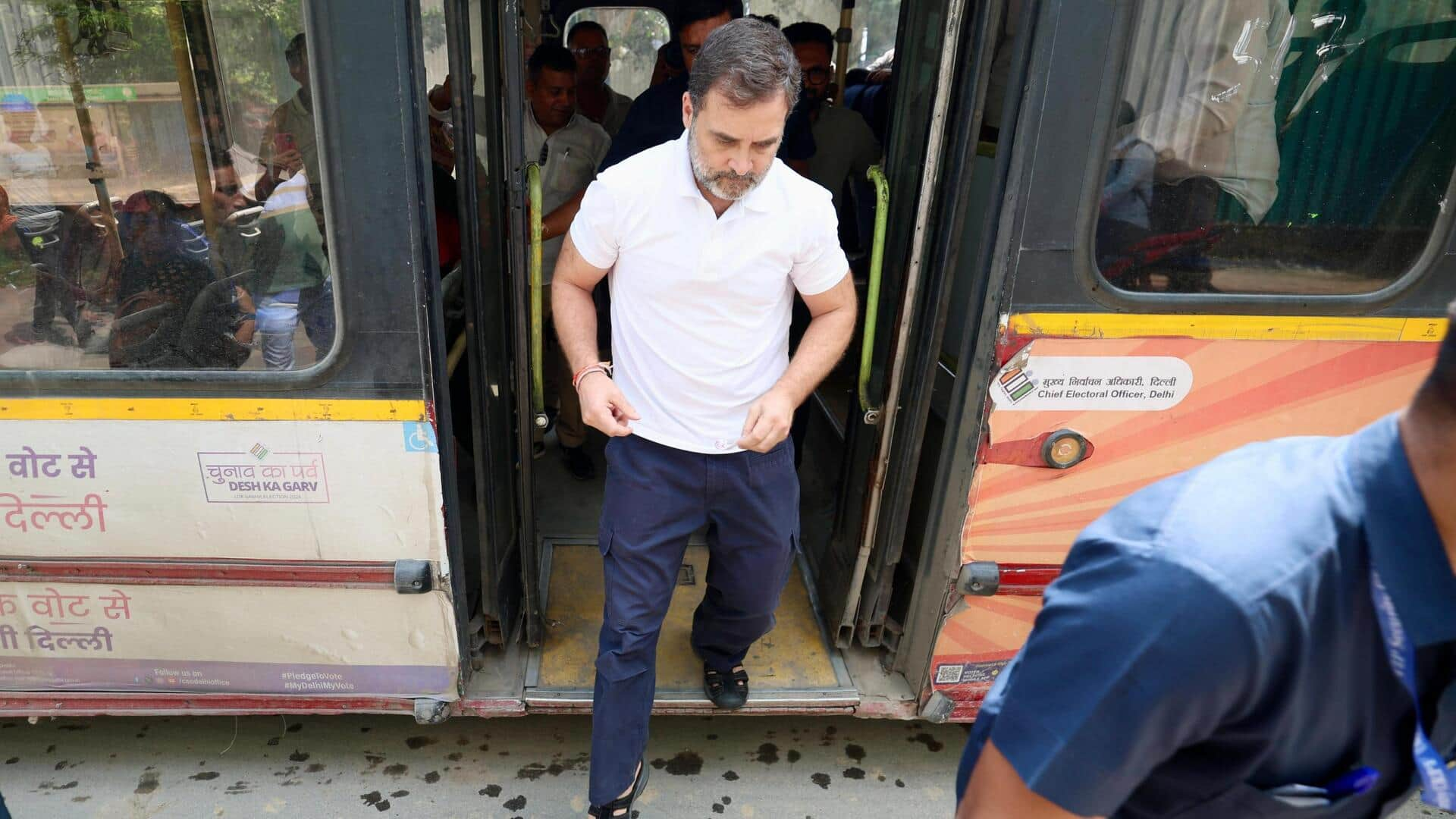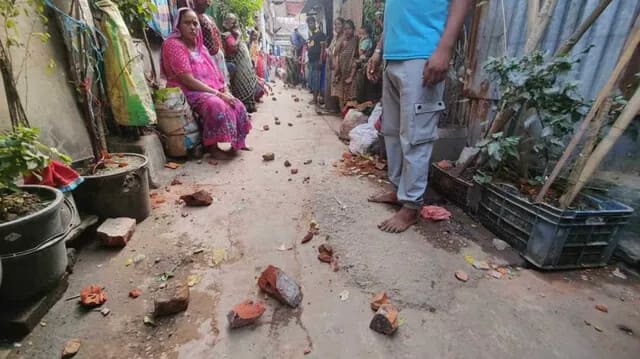
Home inspections can be nerve-wracking for both buyers and sellers. But they're also a critical part of the process that can protect you in the long run. A good inspection can save you money by asking the sellers to pay for whatever repairs come up in the process, and it gives the peace of mind that your new home will be hazard-free when you move in.
Bringing the right questions to your home inspection can set you up for success. Here are some questions you should always ask your home inspector. Your first question should always be "What does the inspection include?" Make sure you have a good understanding of what it includes and what it leaves out so you're as informed as possible.

Ask them for proof of general liability insurance as well as errors and omissions insurance. This insurance protects both you and the inspector in the event they make a mistake (and even the most experienced professionals sometimes make mistakes). People are also reading.
.. When hiring, ask what kind of technology they use.
A home inspector's most vital tools are always their eyes and experience, but some tools help conduct a more comprehensive inspection in a shorter period of time.Common home-inspection tools include thermal imaging, video scopes, drones for an aerial view of the roof, leak detectors, electrical circuit monitors and moisture meters. Keep in mind that while home inspectors are experienced with plumbing and electricity, they're not usually licensed professionals in those fields.
A home inspector can only note visible problems and point you to the right pro to handle them. They're not likely to detect problems behind the walls without some kind of visible clue, such as stains that indicate leaks. Ask your inspector to identify which issues are the most important ones to fix and which ones are just minor imperfections.
Not only is it no problem for you to accompany them on the inspection, it's often encouraged so you can ask questions and learn about your home and how it works. Pay extra attention to the condition of costly components like the foundation, roof and HVAC system. These components are often difficult and expensive to fix, so you should have a clear understanding of any fl aws.
Once the inspection is over, ask the inspector what the biggest issues are. They'll sort through everything they found during the inspection and tell you which problems actually pose a threat. They can also give you an estimated cost of repairs to help you make an informed decision.
Afterward, you'll receive a detailed written report that details their findings and recommendations. Hiring a home inspector usually costs about $450, though the price can change based on specific purposes, home size and where you live. Not all states, cities or municipalities license home inspectors.
If your area requires it, verify that your inspector holds the proper licensing. Look for certification from a reputable professional organization such as the American Society of Home Inspectors. Tweet your home-care questions with #AskingAngi, and we'll try to answer them in a future column.
Get local news delivered to your inbox!.










